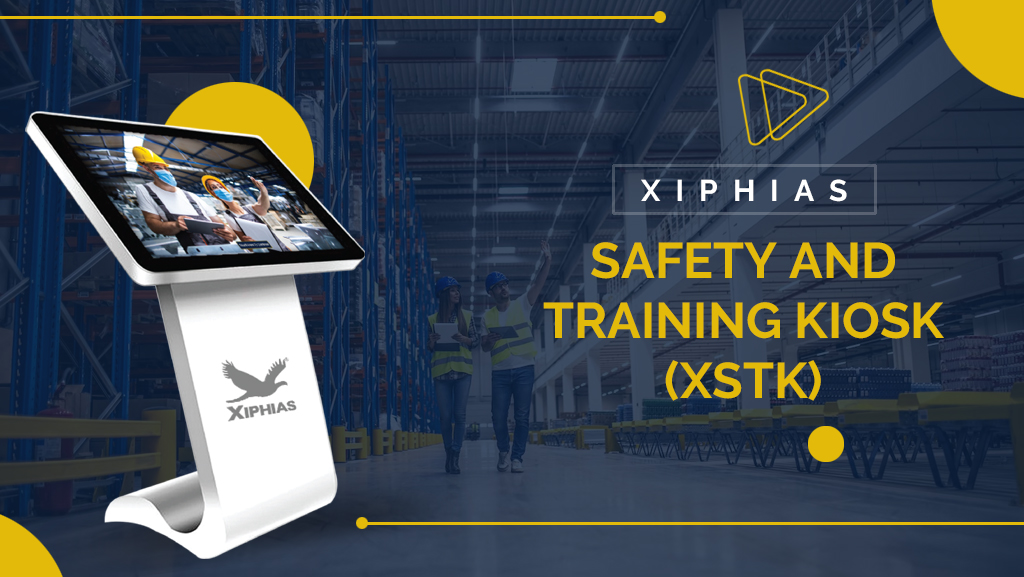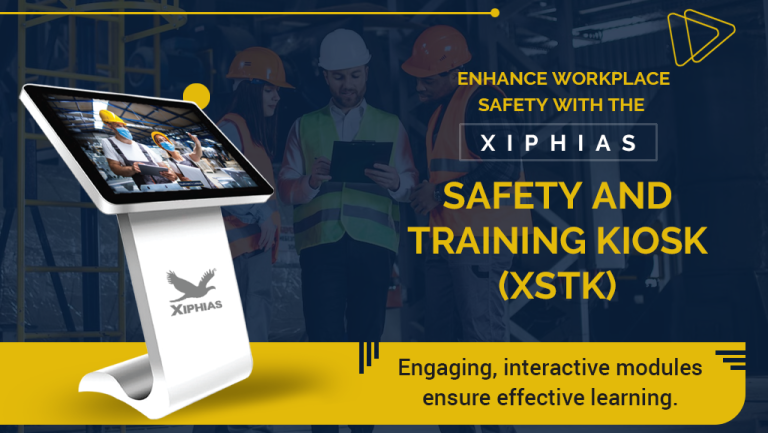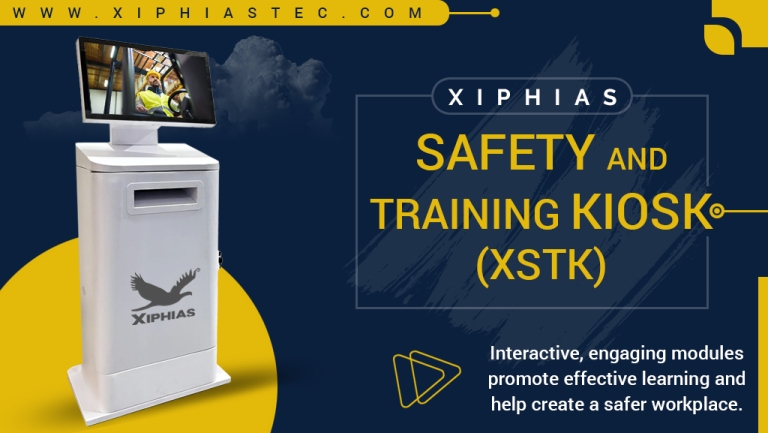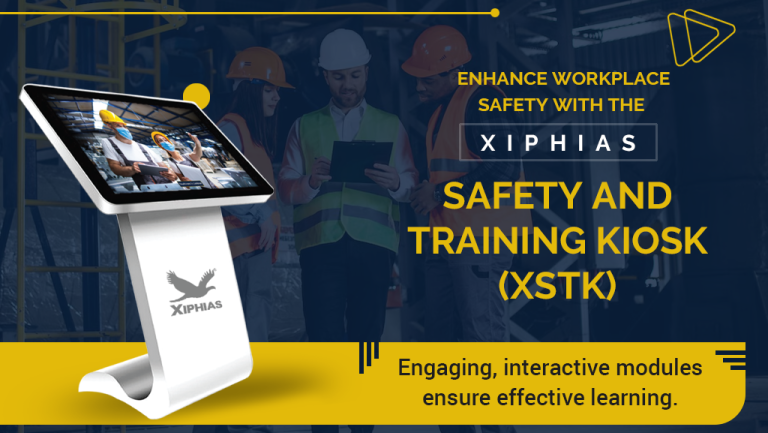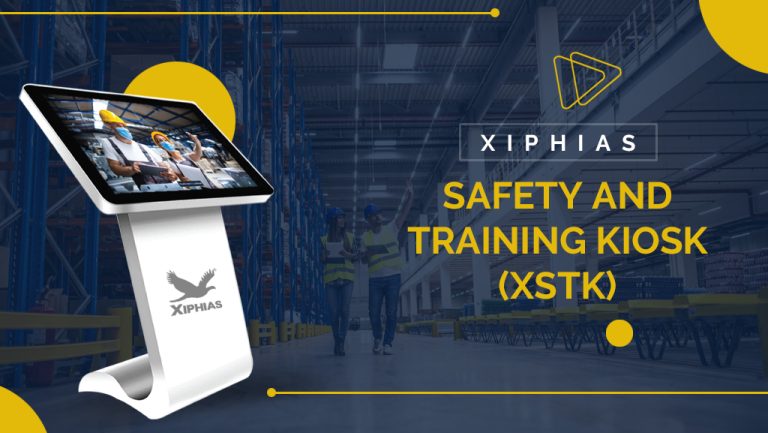Safety First: The Role of Safety Training Kiosks in the Workplace
Ensuring workplace safety is a paramount concern for any organization. To address these challenges, many companies are turning to innovative solutions like Safety Training Kiosks. These kiosks provide an effective, interactive, and accessible platform for delivering essential training to employees.
What are Safety Training Kiosks?
Safety Training Kiosks are standalone devices equipped with touchscreen interfaces and specialized software designed to deliver training content. These kiosks offer a range of interactive training modules, quizzes, videos, and other multimedia content tailored to the specific safety needs of the organization.
Key Benefits of Safety Training Kiosks
Enhanced Accessibility
One of the primary advantages of Safety Kiosks is their accessibility. Traditional safety training sessions often require employees to gather in a single location at a specified time, which can be logistically challenging and disrupt work schedules.
Consistent Training Delivery
Consistency in training is crucial for maintaining high safety standards. Training Kiosks ensure that every employee receives the same quality of training, as the content is standardized and controlled. This eliminates variations that can occur with different trainers or sessions, ensuring a uniform understanding of safety protocols across the organization.
Interactive Learning Experience
Interactive learning has been proven to enhance retention and understanding of training material. This hands-on approach helps employees better understand and remember the safety protocols, leading to safer behaviors in the workplace.
Real-Time Tracking and Reporting
Safety Training Kiosks come with built-in tracking and reporting features that allow managers to monitor employee progress in real-time. The data can be used to identify areas of improvement and ensure that all employees are up-to-date with their safety training.
Key Features of Safety Training Kiosks
Customizable Content
Safety Training Kiosks can be customized to meet the specific safety requirements of different industries and organizations. Customizable content ensures that the training is relevant and effective.
Multilingual Support
In a diverse workforce, language barriers can pose a significant challenge to effective training. Safety often include multilingual support, allowing employees to complete their training in their preferred language. This feature ensures that language is not a barrier to understanding critical safety information.
Immediate Feedback and Assessment
Immediate feedback is a powerful tool in the learning process. Safety Kiosks provide instant feedback on quizzes and assessments, allowing employees to understand their mistakes and learn the correct procedures in real-time. This immediate reinforcement helps solidify the training material and encourages continuous improvement.
Integration with Learning Management Systems (LMS)
For organizations with existing Learning Management Systems (LMS), Safety Kiosks can be integrated seamlessly. This integration allows for centralized management of training records, easy updates to training content, and streamlined reporting. Employees’ progress and performance data from the kiosks can be automatically synced with the LMS, simplifying administrative tasks and ensuring compliance.
Best Practices for Implementing Safety Training Kiosks
Conduct a Needs Assessment
Identify the specific training requirements of your organization, the most common risks, and the regulatory standards that must be met. This assessment will guide the selection of appropriate content and features for the kiosks.
Position Kiosks Strategically
The placement of Kiosks is critical to their effectiveness. Strategic placement ensures maximum visibility and accessibility, encouraging employees to complete their training.
Promote Awareness and Usage
To ensure widespread adoption of Kiosks, promote their availability and benefits to employees. Use internal communications, posters, and team meetings to inform employees about the kiosks and encourage their use. Highlight the convenience, interactivity, and importance of the training to motivate participation.
Monitor and Evaluate Effectiveness
Regularly monitor the usage and effectiveness of Safety Kiosks. Collect feedback from employees on their experience with the kiosks and the training content. Analyze the data to identify any gaps or areas for improvement. Continuous evaluation and adjustment will help maintain the relevance and impact of the training program.
Conclusion
Safety Training Kiosks are a valuable addition to any organization’s safety program. By providing accessible, consistent, and interactive training, these kiosks enhance employees’ understanding and adherence to safety protocols. The ability to track and report progress in real-time ensures that organizations can maintain high safety standards and comply with regulatory requirements. Implementing Safety Kiosks is a proactive step toward creating a safer, more productive workplace where employees feel informed, valued, and protected. Prioritizing safety through innovative solutions like these kiosks ultimately leads to a healthier, more resilient workforce and a stronger organizational culture.

